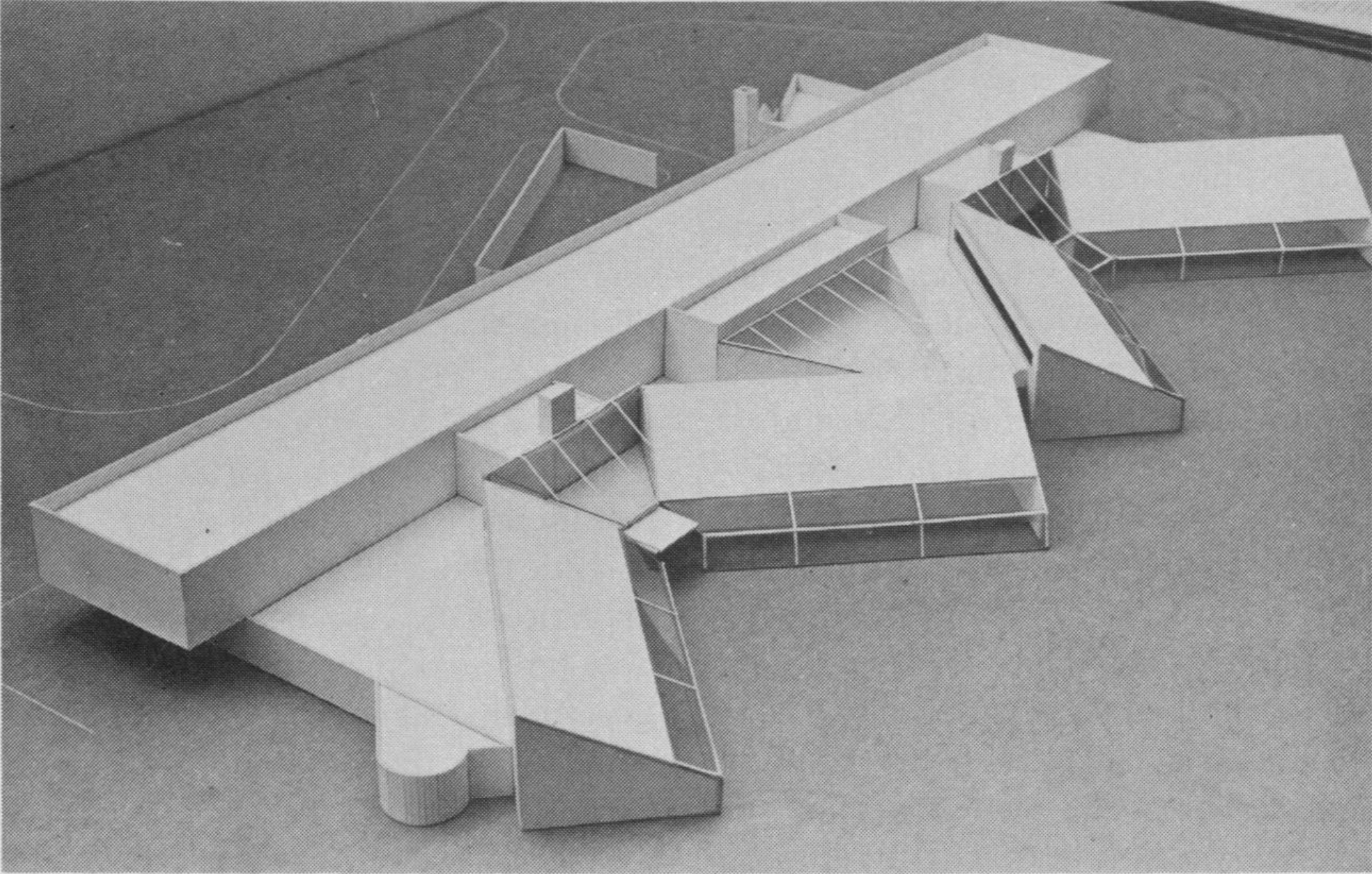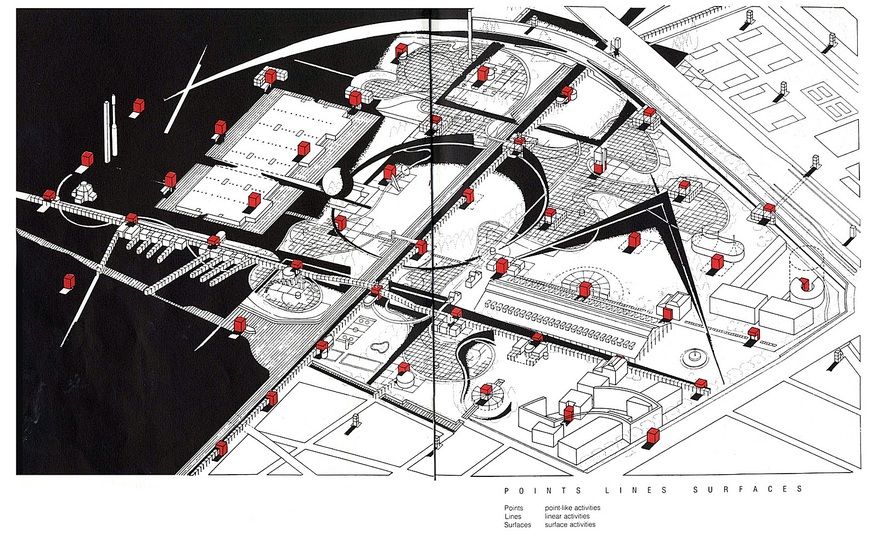PAST TALKS 2022
8 March 2022
2 PM CET, 8 AM EST
Architecture as/of Care:
Spatial Meaning and Palliative Philosophies, 1970-2010
FIONA KENNEY
McGill University
Respondent: Samuel Holleran (University of Melbourne)
![]()
This dissertation
explores the role of architecture in the provision of care in the late
twentieth century. It investigates how care, as an amorphous concept, was imagined
and embodied through environments designed to house and contribute to care
work, and traces its lineage in architecture in order to identify
architecture’s contribution to the contemporary care movement. While scholars
have investigated specific typologies in isolation—be it the residential
hospice or the hospital, for example—this work will present a cross-typological
study, seeking to unearth a ‘typology of care’ from environments purpose-built
for these relational activities: skilled nursing facilities; free-standing,
residential hospices, and; pediatric hospice and respite centres.2 PM CET, 8 AM EST
Architecture as/of Care:
Spatial Meaning and Palliative Philosophies, 1970-2010
FIONA KENNEY
McGill University
Respondent: Samuel Holleran (University of Melbourne)

This dissertation asks: what role has architecture played in the development and provision of care processes, and how were philosophies and practices of care expressed spatially at the beginning of the ‘care movement’? How were these roles developed through government policies and guidelines, and social and political movements at the time? How does the architecture of care environments enable, embody, and empower the ethics of medicine?
***
Towards a Criticism of Architectural Theory? On the Forms of Knowledge
of Bernard Tschumi
JANA BERANKOVA
Columbia University, GSAPP
Respondent: Tommaso Listo (Politecnico di Torino)

In this paper, I will discuss the genealogy and the methodology of my dissertation project by relying my chapter on the theoretical thinking of Bernard Tschumi as a case-study. In his writings, Tschumi has been commenting upon the dual nature of architecture, which is simultaneously a cosa mentale and an embodied experience of space. He questioned the nature of architectural practice by using concepts such as “pleasure,” “event” and by emphasizing the polysemy of meanings intrinsic to any architectural signifier – many of these concepts can be traced back to thinkers such as Roland Barthes, Philippe Sollers, Georges Bataille, and Jacques Derrida. In a Hegelian manner, Tschumi interrogated the dialectical relationship between architecture and its “excess,” between architecture and its negation. Tschumi’s unexpected winning La Villette competition 1982 marked his progressive shift from architectural theory to practice. In this shift from theory to practice, Tschumi had to live through a paradox which he had theorized earlier – namely how can one simultaneously practice architecture and criticize it? How to design objects that would include their own negation?